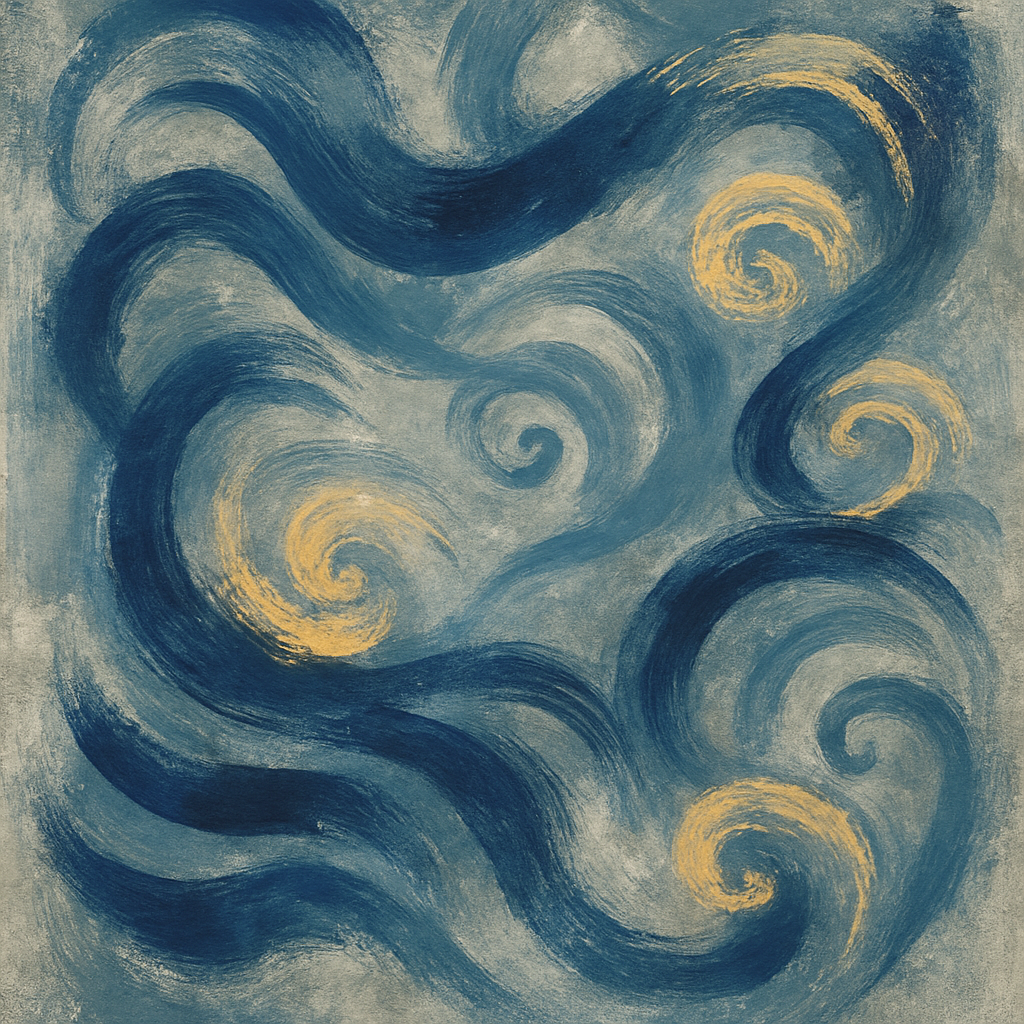think less, not more
You actually want to be thinking less, not more.
When you're building something—or just moving through your day—you don't want to be thinking hard all the time. That kind of mental load is draining. It leads to thrash. And while deep thinking is important at the beginning of a project or process, it's not how you build momentum.
At a certain point, the goal isn’t to constantly make decisions. It’s to reduce the number of decisions you need to make.
Having fixed or semi-fixed times for exercise, for creative work, for the things that bring you joy—this is how you start to create rhythm. This is how you reduce context-switching, preserve energy, and actually get meaningful work done.
I often think of this neurological study with three pianists: a beginner, an intermediate, and an expert—all playing the same piece. Researchers monitored their brain activity.
And what they found was surprising.
The beginner showed the most brain activity.
The expert showed the least.
Why? Because the expert wasn’t spending all their cognitive energy on how to play—they’d internalized the technical execution. That freed them up to focus on interpretation, on creativity.
That’s the level we want to work toward in our own lives—not just in music or art, but in how we operate daily. You can only reach that state when you’ve repeated something enough that it becomes second nature.
In the classical music world, there's a whole infrastructure for this—etudes, exercises, theory, performance. But in most modern work environments, especially in startups or tech, we don’t have that kind of built-in structure. There’s no "curriculum" for how to get good at your job.
So it's on you to create that process for yourself.
We can't completely avoid uncertainty or spontaneous work, especially in startups. But we can create personal frameworks—routines that reduce chaos, habits that preserve mental bandwidth.
For example:
- Batch similar tasks together.
- Stack meetings into one day instead of spreading them across the week.
- Build in non-negotiable time for deep work or creative output.
Otherwise, you're constantly spinning—figuring out what to do while you're supposed to be doing it.
You won't get momentum from fragmented attention.
You get it from rhythm. From repeatability. From process.
That's the task ahead of me. Maybe it's the task ahead of you, too.
